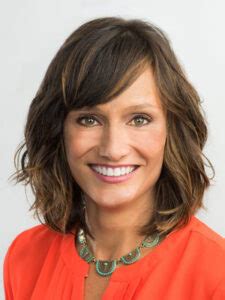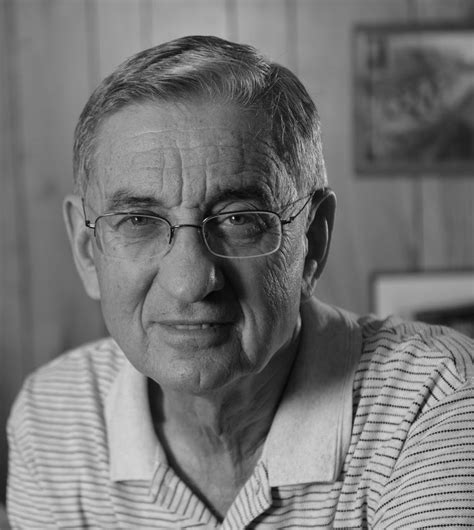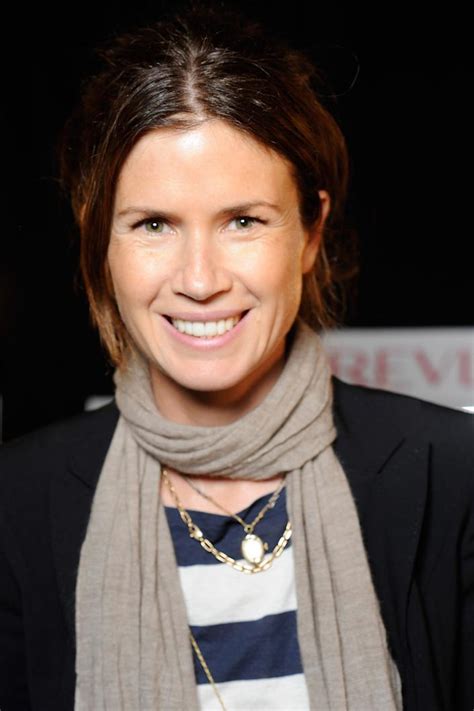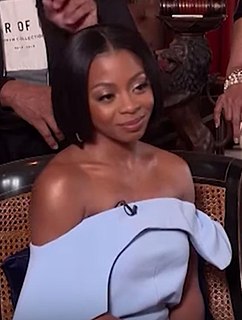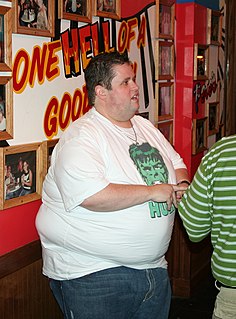A Quote by Stephen Colbert
I'm not here to affect you politically or socially. I'm here to make you laugh. I use the news as the palette for my jokes.
Quote Topics
Related Quotes
The first purpose of comedy is to make people laugh. Anything deeper is a bonus. Some comedians want to make people laugh and make them think about socially relevant issues, but comedy, by the very nature of the word, is to make people laugh. If people aren't laughing, it's not comedy. It's as simple as that.
I learned all those jokes in second grade. Second grade is really where they tell you those horrific jokes, racist jokes and misogynistic jokes that you have no idea what they mean, and you just memorize them because they have a very strong effect, they make people laugh in this kind of nervous, horrible way, and it's only later that you realize that you've got a head full of crap.
I've always thought for myself, that's something I want to focus on - color palette and the use of color. Rather than using it in a way that other makeup artists might, I try to enhance the color palette with the girl to really bring out her sickest features and make her look absolutely the best she can.






